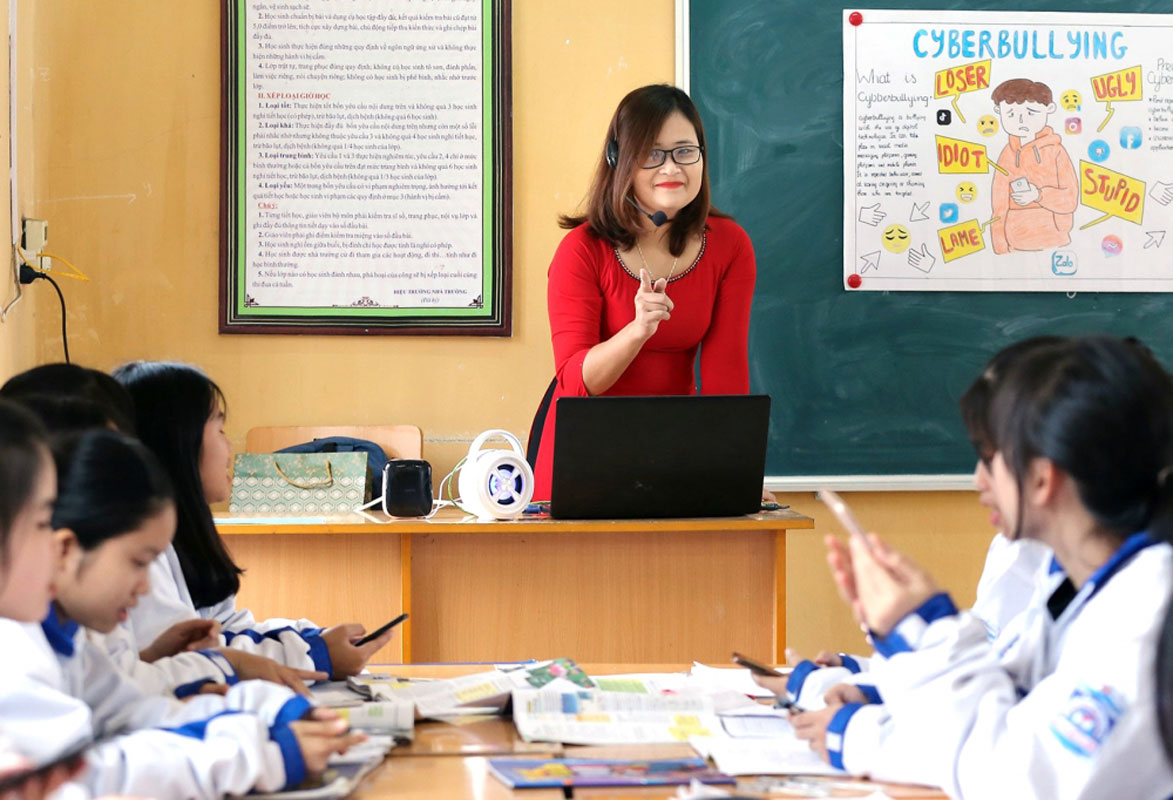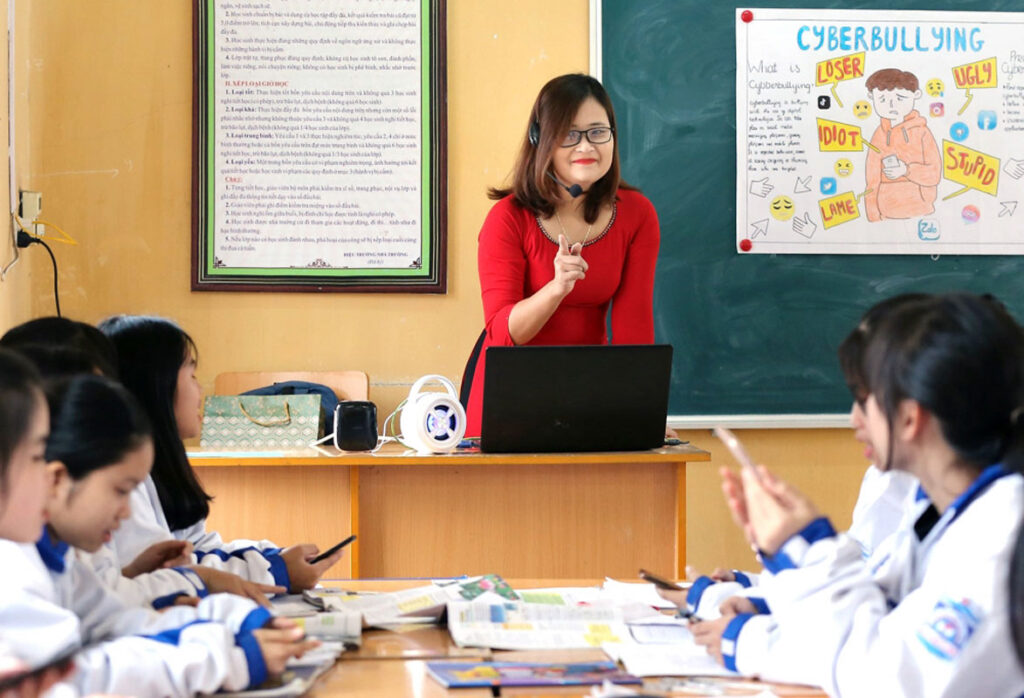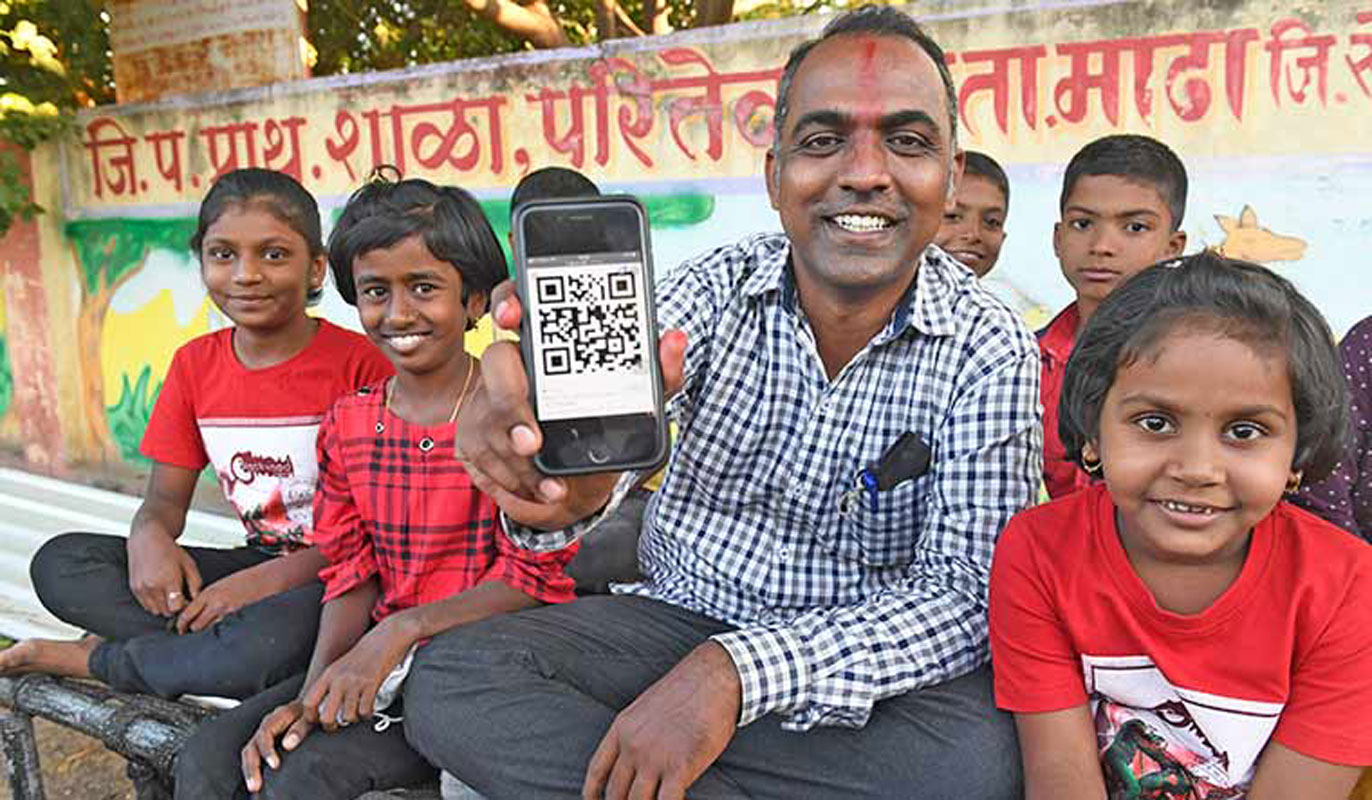
School education is under transition, with the pandemic forcing students and teachers to use smartphones for online classes. “Now classes are being conducted on smartphones, whereas in the recent past we had discouraged students from using mobile phones,” said RID Mahesh Kotbagi. Teachers have a great responsibility as they “have to update their skills, use technology to upgrade or else become outdated,” he said.
Addressing a webinar titled Teaching in the 21st century hosted by RC Solapur, RID 3132, Kotbagi said in the near future students will not be carrying heavy school bags, for just a computer tablet will do, thanks to the digital makeover of classrooms.
RILM chair Kamal Sanghvi said Covid has speeded up Rotary’s literacy mission. “We have successfully taken our digital learning content to 15 million households through Doordarshan’s Free Dish, 420 million users through Jio Mobile, 70.26 million households through Tata Sky and also initiated a million learning sessions through the Diksha portal.” The Sikkim and Haryana governments have approached RILM to upload the e-learning software for their government schools and many other states have followed suit, he said. Thanking teachers for “all that you do for our children who are our most sustainable assets,” Sanghvi said, “you should excite your students to teach (illiterate) adults to read and write. This will make India a 100-per-cent-
literate country.”
Need a mindset change
In a presentation, Ranjitsinh Disale, winner of the Global Teacher Prize 2020, said the 21st century students are being taught by teachers who are still living in their 20th century mindset of physical classrooms. “Technology cannot replace a teacher but she must upgrade and develop her skills to suit the needs of digital-savvy students,” he stressed. Covid has changed the fundamental concept of classroom forever and teachers across the world are facing problems teaching online “because we are not ready for this change and not trained for online teaching,” said Disale.
For teachers, learning is a continuous process, but they must understand that “children learn at their own pace and require curated content to personalise their learning experience if we want to succeed.” With the help of technology, he had designed QR-coded lessons based on the learning abilities of the students in his classroom. Over 3,500 teachers from around the world took part in the virtual deliberations and brainstorming on the new and emerging teaching methods vis-a-vis digital education.
Sharing her vision of ‘borderless classrooms’, Ha Anh Phuong, an English teacher from Vietnam and one of the finalists of Global Teacher Prize 2020, said “Students, teachers and experts no longer need to be in the same place for the learning process now. Using video and collaboration software, we can create borderless classrooms that are open to any child in the world.” Digital technology, she added, “bridges the gap between students living in cities and those in the villages.”
PDG Zubin Amaria, RID 3132, thanked the speakers for their valuable inputs and encouraged them to “apply the knowledge that you have gained in this virtual event in your own classrooms.”







